
October 23, 2025
Discover how Mix Master strengthens your brain just like an instrument - training focus, creativity, and emotional intelligence through the science of sound.
Read more.png)
September 8, 2025
Tools like Suno are now powerful enough to generate melodies, lyrics, and even full songs in seconds. That’s exciting—and controversial. Just ask Timbaland. Recently, he came under fire..
Read more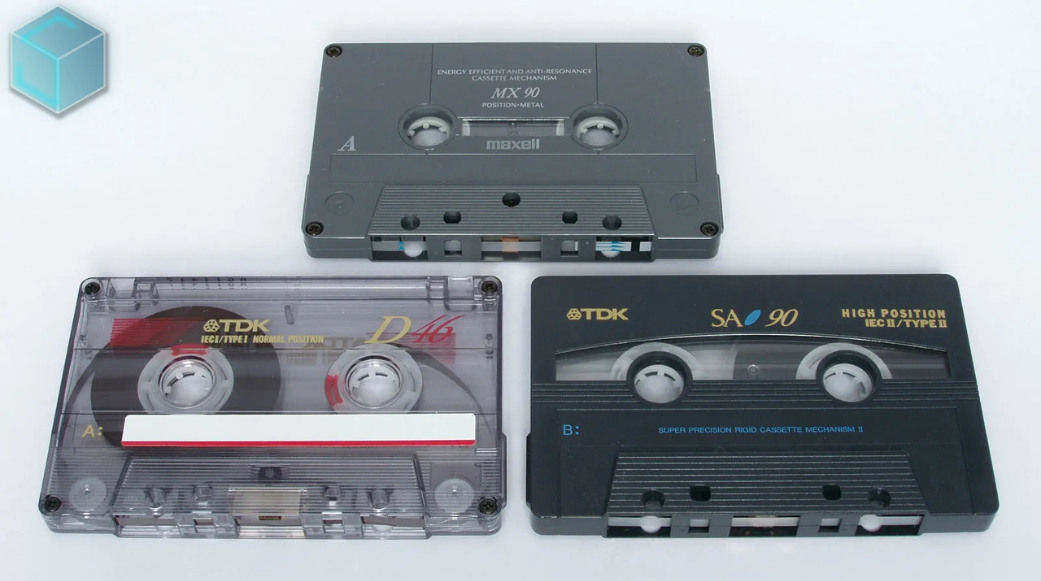
August 23, 2025
The 1980s and 1990s analog music medium known as cassette cassettes is experiencing an unanticipated comeback, with Gen Z spearheading the trend. Taylor Swift, who included cassettes in the release...
Read more
August 23, 2025
This week's most notable headline: Doja Cat's erotically charged, '80s-inspired music video, "Jealous Type," is dominating social media feeds and cultural discourse, marking her most daring...
Read more
August 23, 2025
J-hope and GloRilla's "Killin' It Girl," a spectacular blend of K-pop flare and shameless hip-hop heat that has taken the world by storm, is this week's winner of the Best Collaboration of Summer...
Read more
August 23, 2025
Carly Rae Jepsen is giving fans the ultimate gift for the 10th anniversary of her critically adored album Emotion: a special edition featuring four never-before-heard tracks and two fresh remixes...
Read more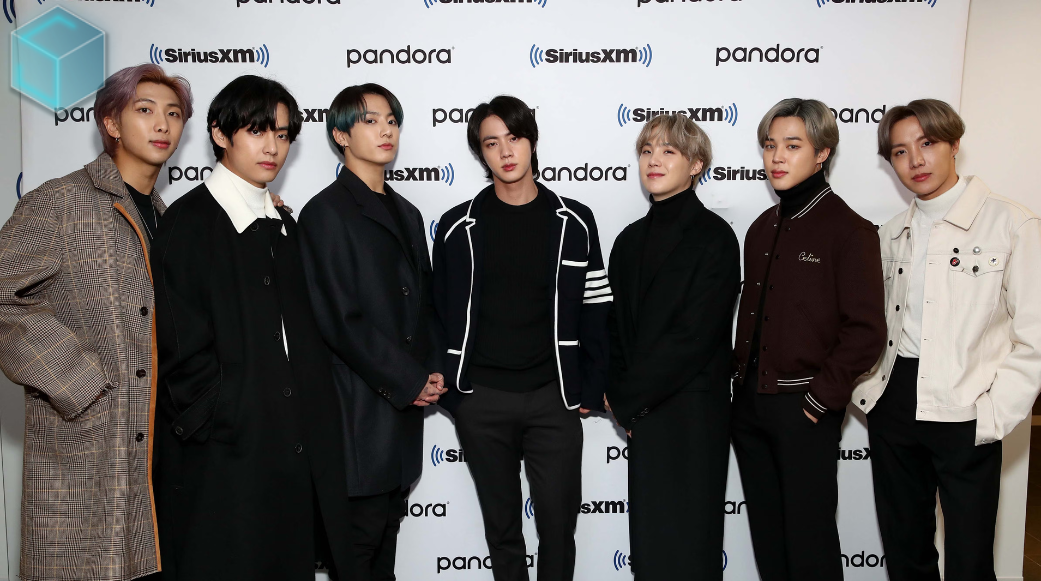
August 23, 2025
The wait is over, ARMY! BTS is officially back together and balancing work and play in their first moments of reunion after completing mandatory military service. J-Hope sent fans into a frenzy...
Read more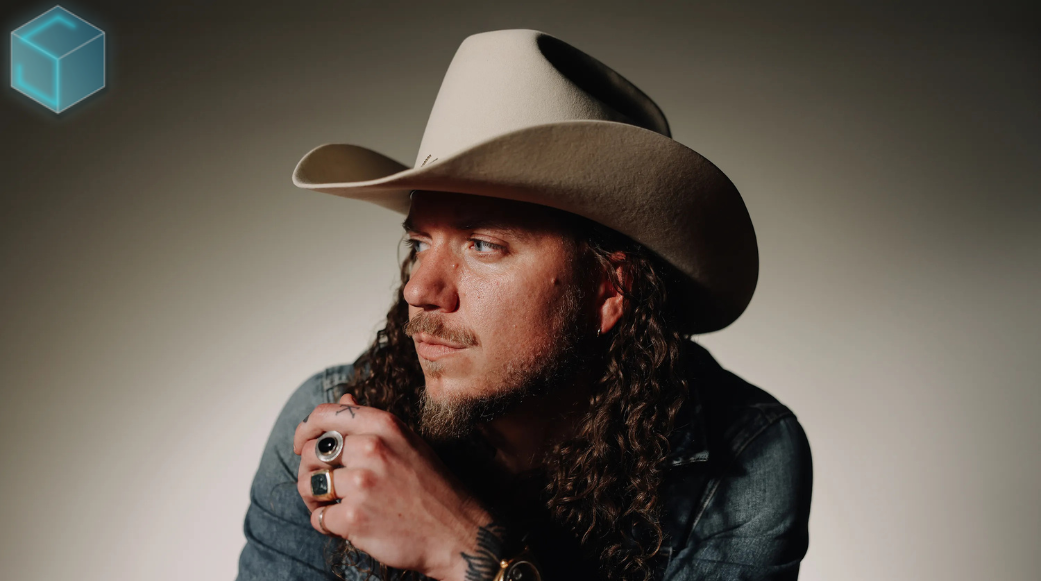
August 23, 2025
Christian music stepped outside of its quiet comfort zone in 2025. "Hard Fought Hallelujah," a worship song by Brandon Lake, went platinum, sold out festival stages, and exploded from churches to...
Read more
August 23, 2025
In late July 2025, Christian artist Forrest Frank (of Surfaces, now a solo juggernaut in faith-pop) posted from a hospital bed: he’d fractured his L3 and L4 vertebrae in a skateboarding accident...
Read more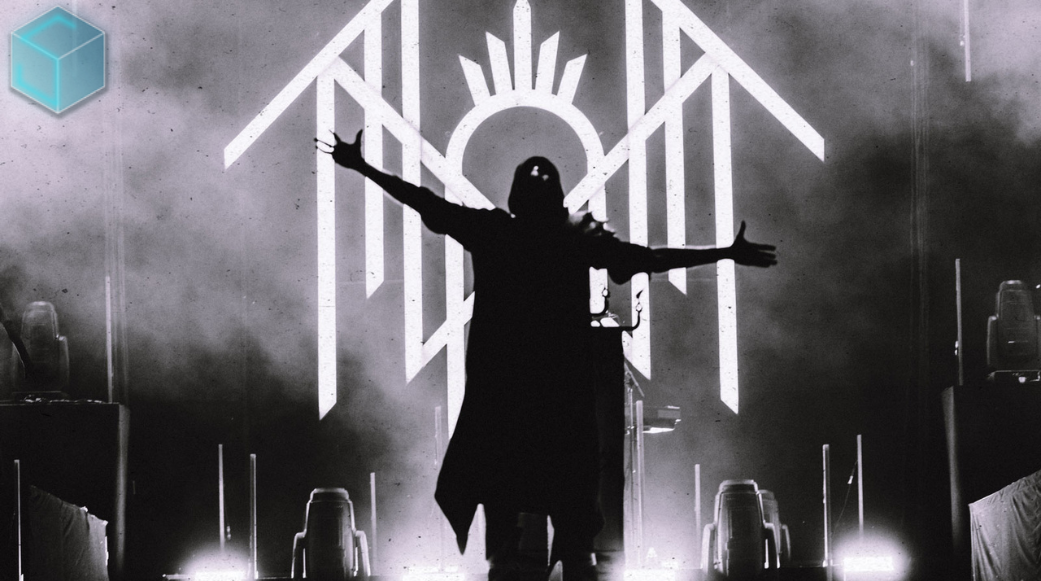
August 21, 2025
On September 16, the masked metal phenomenon Sleep Token will embark on their 2025 "Even In Arcadia Tour" across North America. The 18-show tour, which includes a huge date at Brooklyn's Barclays...
Read more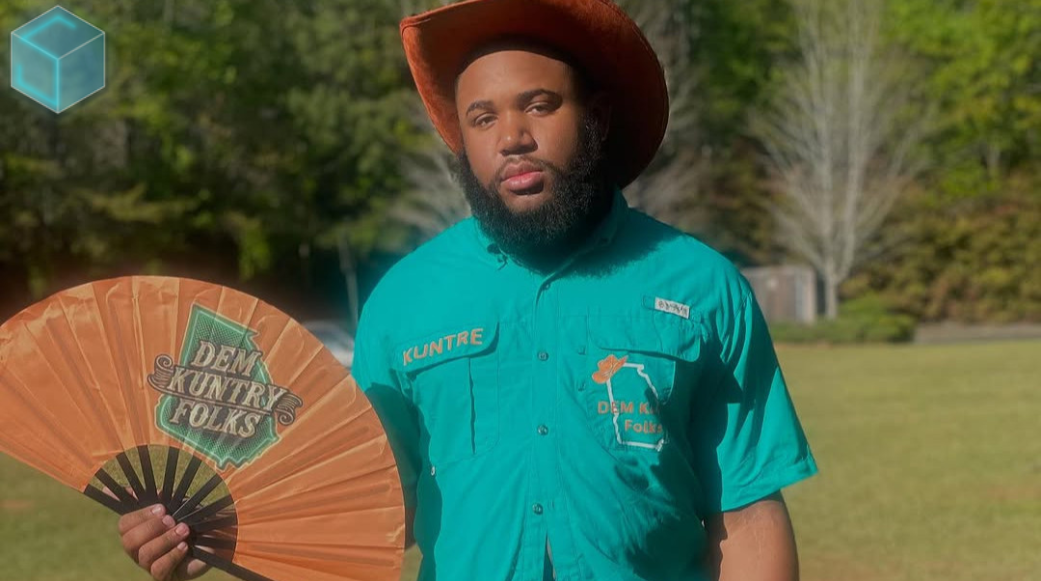
August 21, 2025
Due to a line dance that went viral and won over fans' hearts both inside and outside of the United States, 22-year-old Tre Little's song "Boots on the Ground" has become a cultural sensation this...
Read more
August 21, 2025
In addition to preparing for her next album, The Life of a Showgirl, Taylor Swift is reviving the physical medium this week by putting her songs on cassette tapes. This sentimental action...
Read more.png)
When upgrading your CPU for music production, whether you're composing orchestral scores, producing electronic music, or working with intricate multi-track projects, selecting the right processor is crucial for smooth workflow and minimizing latency. With the increasing demands of virtual instruments, synthesizers, and plugins, you’ll need a CPU that balances single-core and multi-core performance while maintaining efficiency.
Here’s what you should consider:
Most Digital Audio Workstations (DAWs) are still largely single-core reliant, especially for real-time tasks like audio playback and plugin processing. However, modern DAWs are becoming more optimized for multi-core performance, which is beneficial for larger projects with multiple tracks and plugins.
Your genre and workflow play a big role in deciding what CPU to go for:
Here’s a look at some of the best CPUs for different types of music production, based on balancing both single-core and multi-core performance:
High-performance CPUs, especially multi-core processors like the Ryzen 9 series, tend to run hot. Investing in good cooling solutions (like liquid cooling or high-quality air coolers) will ensure that your CPU performs optimally without throttling due to heat.
If you’re thinking about the long-term, investing in a higher-tier CPU might be worth it. Multi-core optimization is becoming more prevalent in DAWs, so even if your current projects don’t require tons of cores, future updates might take full advantage of this.
Choosing the best CPU for music production depends on your specific workflow, the type of music you produce, and your budget. If you're focused on real-time performance and live recording, prioritize strong single-core performance. For larger, more complex projects with numerous plugins or sample libraries, opt for a CPU with robust multi-core performance. Ultimately, balancing these factors will give you a powerful and smooth production experience for years to come.